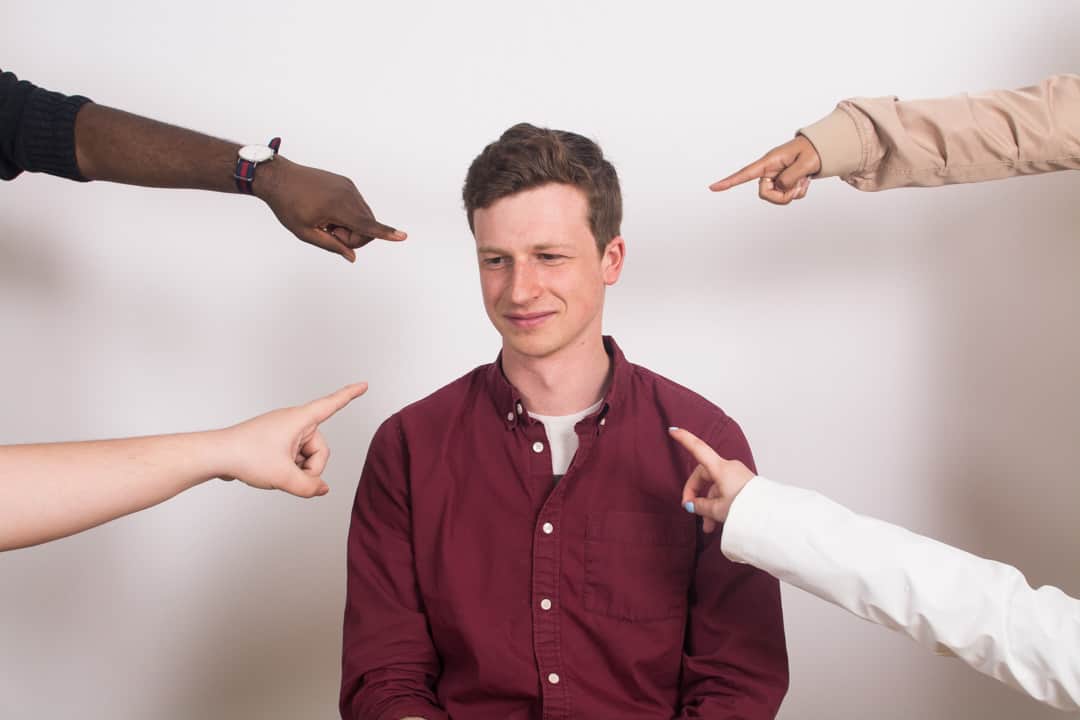A person’s initial entry into post-secondary education can be overwhelming for many reasons. The academic campus is host to a flourishing ecosystem of new ideas, new people, and new ways of thinking and communicating. Seemingly limitless access to the current, constant stream of intellectual discourse is suddenly granted, and individuals find themselves in environments that are buzzing with young political energy.
So comes the pressure to learn: to grow, to do better, to be better. We want to occupy the most defendable ideological positions, to hold the best politics, to have the least problematic friends. It is important to us to show that we are truly trying hard to cease to perpetuate the harmful systems we were born into by actively fighting against sexism, racism, homophobia and the like.
The drive towards political and ethical self-improvement does genuinely benefit communities in many ways. But it is a double-edged sword: it can also be impatient, unkind, and malicious.
To show others that we are good often means thrusting away those that are bad. It often means turning away from those that have made mistakes. It often means blocking, unfriending, ignoring, and publicly condemning the person that acted wrongly. In this fashion, we are eager to excommunicate — which is reflective of the fact that we live in a carceral, punishment-oriented society, one that speaks to the doctrine of disposability.
Our world is organized in such a way that transgressions and rebellions against norms are handled through further infliction of harm. The police and the prison system treat our aberrations not by attempting to correct the offender or to fix the damage, but by enacting upon them some kind of penalty, usually by isolating them from the rest of society. And even outside the criminal justice system, this punishment-oriented logic systematically pervades our daily interactions — reflective of what is referred to as a ‘carceral state.’
We mirror that narrative on a smaller scale within our own communities and on our campuses. It is easier to expel an acquaintance than to work with them through their growth. Much of the time, standing alongside someone who needs to grow is taxing, frustrating, and occasionally toxic. And the labour of assisting a person in moving past their harmful beliefs or attitudes can often be placed directly on those that these beliefs harm.
In a world where discarding and replacing is usually the least painful option, our connections with other people are informed by this option. Our acquaintances become disposable. This is especially true in the era of social media, where increased connectedness means that it is easy to find replacements for relationships that become difficult.
There are also types of people that are rendered as disposable more frequently and with more ease. Certain identities are constructed as more politicized than others, and consequently, are punished much more strongly, swiftly, and absolutely. The standards of morality and personal conduct we hold people to are informed by the systematic impacts of white supremacy and heteronormativity — meaning that we hold the marginalized to higher standards.
We find it especially heinous when a gay man perpetuates racism, for example, as seen with Milo Yiannapolous. Similarly, Snoop Dogg said it best when referring to accusations of sexual abuse levelled at Bill O’Reilly — that he hoped O’Reilly would be hunted out in the same way that Bill Cosby was. Consider as well the recent public reaction to revelations of sexual abuse and anti-semitism perpetrated by Ben Hopkins of the queer indie band PWR BTTM: with unprecedented harshness, the band was dropped by their label and had their songs taken down from Apple Music, Spotify, and other streaming services very swiftly after a victim came forward.
This is not in any way a condemnation of outrage against these figures or figures like them. Abuse of power and people should not be excused or arbitrarily forgiven, and the rage and sorrow of victims should not be delegitimized. However, it is important to consider how all of our actions and attitudes could be adjusted so as to orient ourselves towards a world brighter and better than this one.
When dreaming of a future, do not dream of one where all abusers are locked behind bars — the ideal world is one in which they do not exist in the first place. It is possible to conceptualize a world in which, through community, intimacy, and mutual respect, we understand and empathize with each other’s humanity enough to not want to harm each other.
This type of future has never been compatible with the carceral model of crime and punishment, incarceration, and extradition. But it is an attainable goal if we change our ways of thinking.
Meanwhile, we should acknowledge that by condoning the exercise of punitive measures we are continuing to alienate those around us. We should be wary of mimicking the structure of the carceral system in our own attitudes and within our own communities. Perhaps this means talking our problematic classmates through their harmful beliefs rather than turning our backs on them.
Meera Ulysses is an incoming second-year student at New College studying Middle Eastern Studies and Equity Studies.


